Speciation
Key Notes:
Definition of Speciation:
- Speciation is the evolutionary process through which new species arise from existing species. It is a key mechanism by which biodiversity increases.
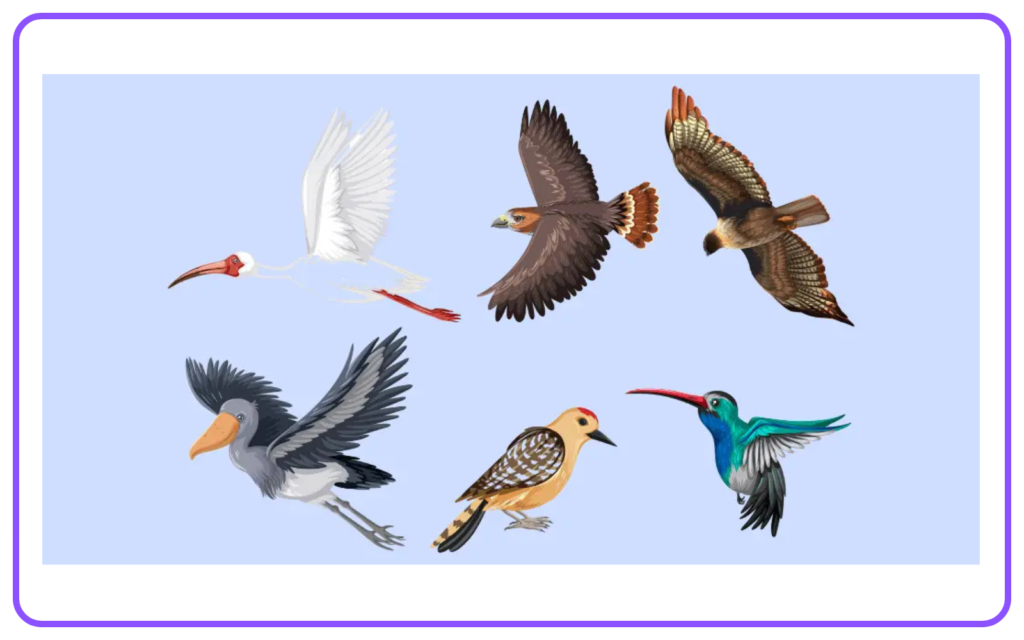
What is a Species?:
- A species is defined as a group of organisms that can interbreed and produce fertile offspring under natural conditions.
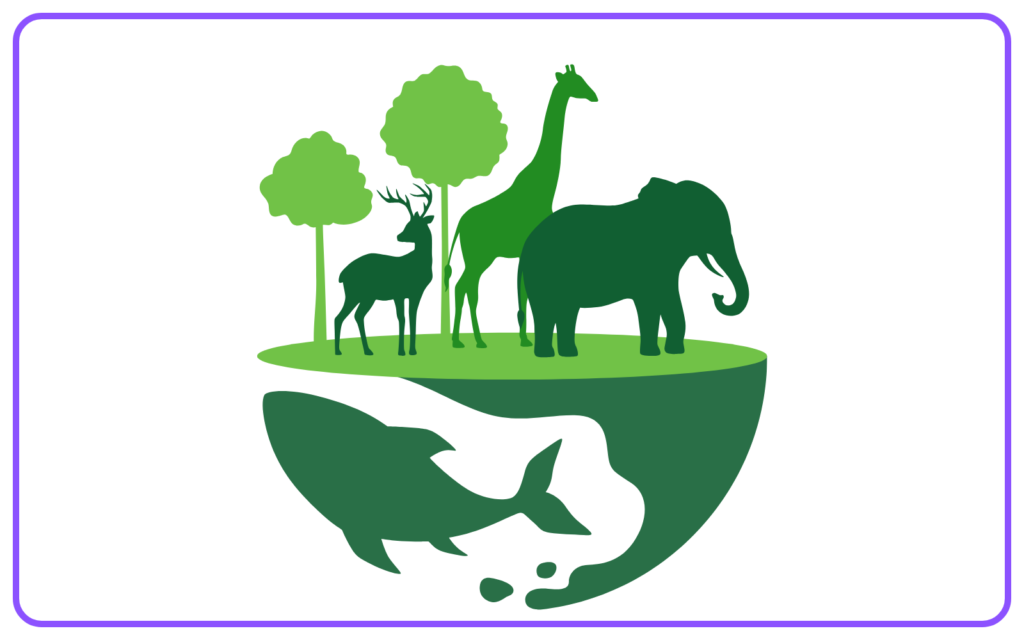
Causes of Speciation:
- Speciation occurs due to factors like geographic isolation, genetic variation, natural selection, and reproductive isolation.
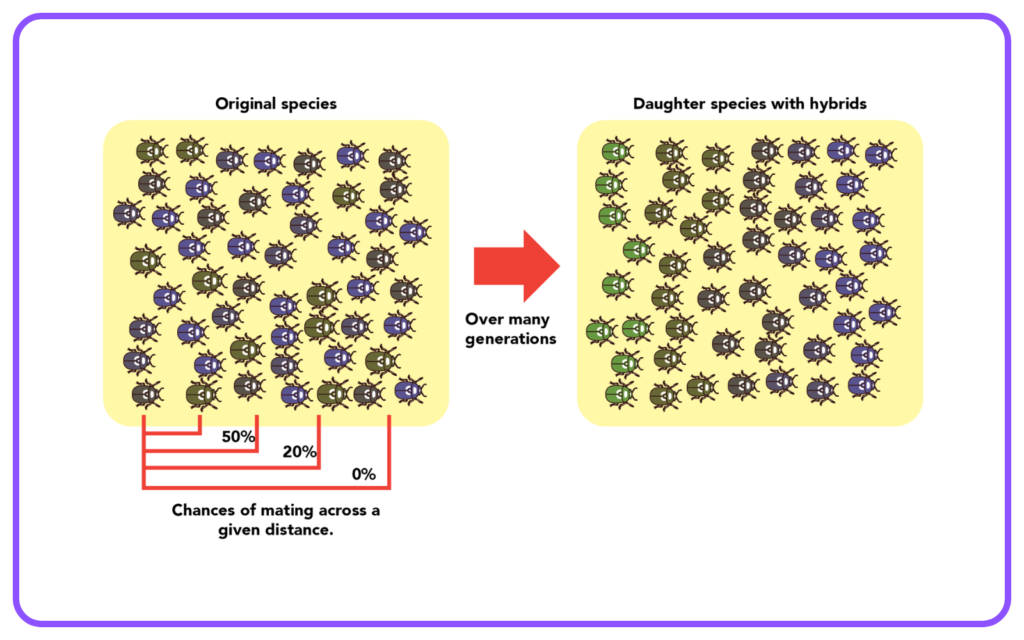
Types of Speciation:
- Allopatric Speciation: Occurs when populations are separated by physical barriers (e.g., mountains, rivers) leading to genetic divergence.
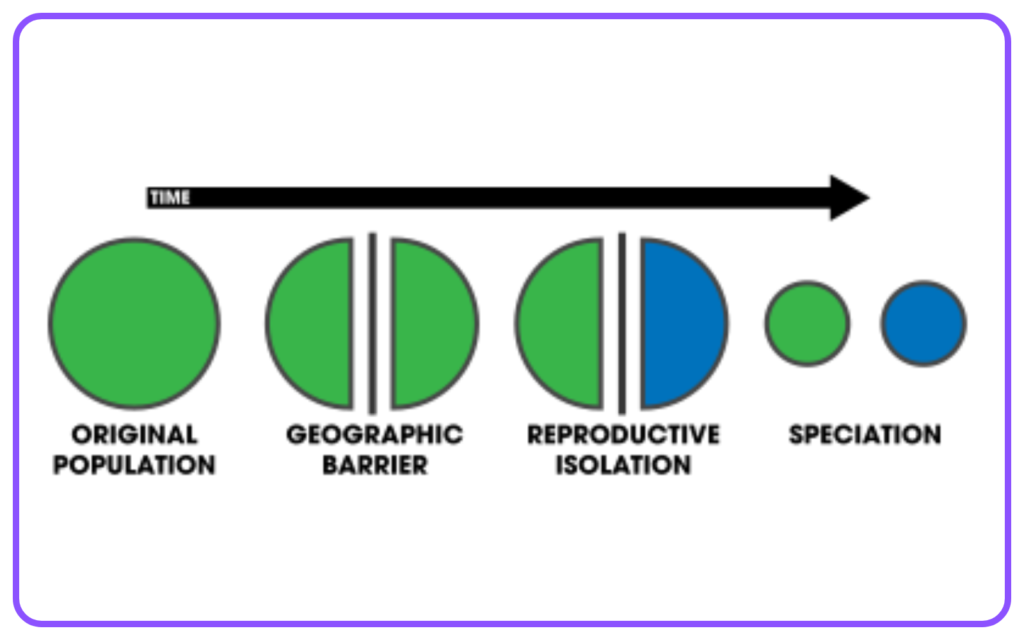
- Sympatric Speciation: Occurs within the same geographic area due to factors like behavioral differences or chromosomal changes (e.g., polyploidy in plants).
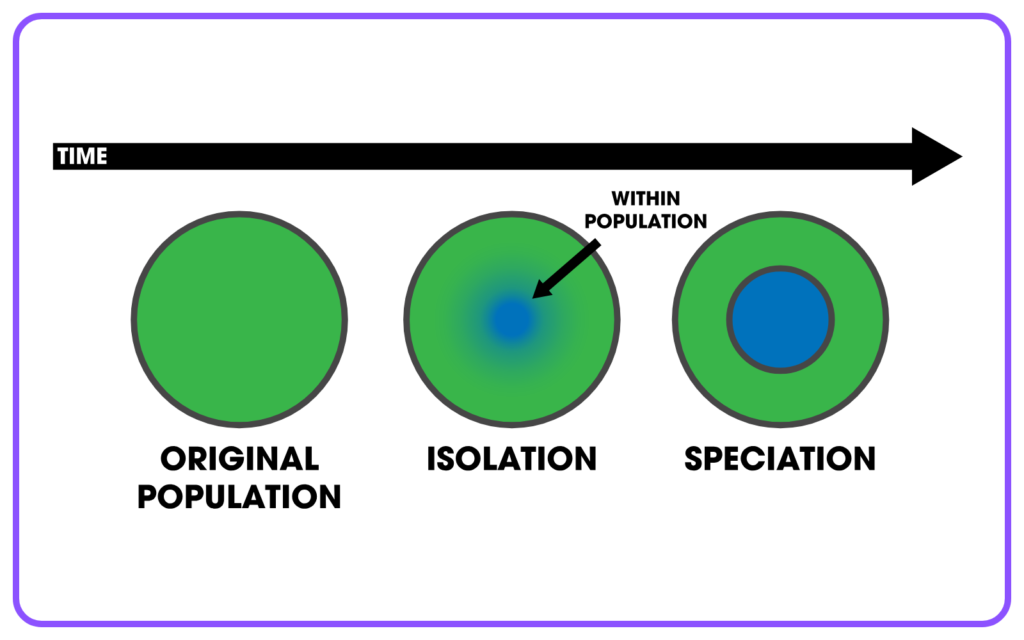
- Peripatric Speciation: A small population becomes isolated at the edge of a larger population, often leading to rapid genetic changes.
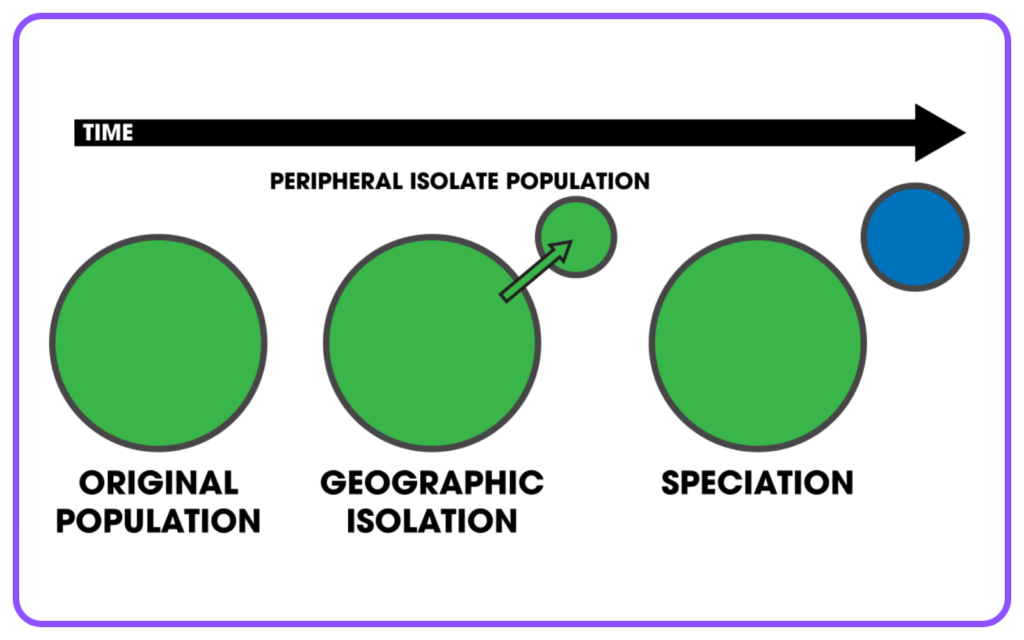
- Parapatric Speciation: Neighboring populations evolve into distinct species while maintaining a zone of contact where hybrids may form.
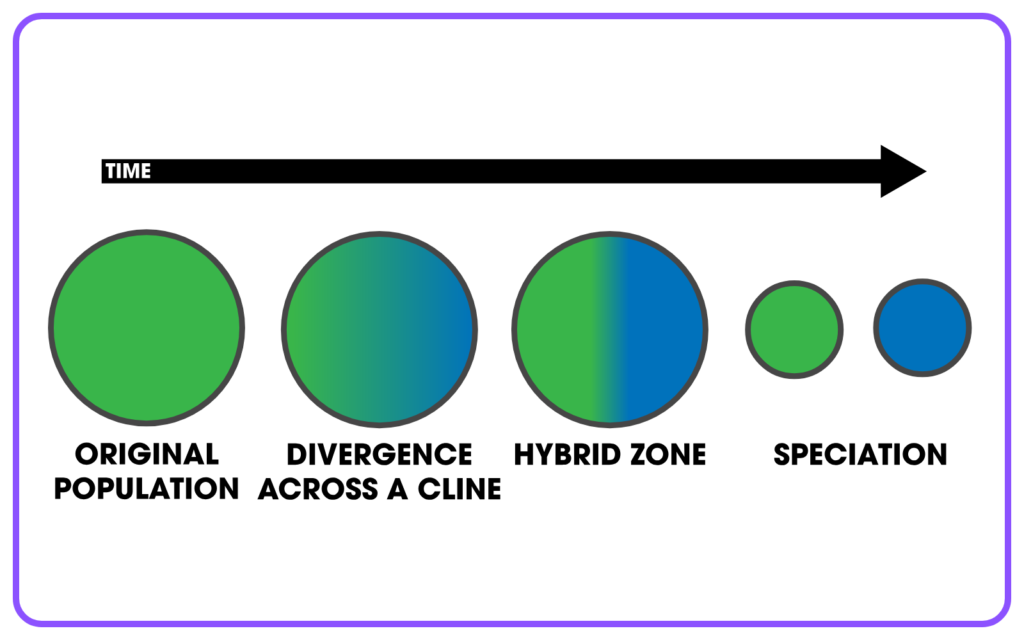
Mechanisms Leading to Speciation:
- Geographic Isolation: Separation of populations prevents gene flow, leading to genetic divergence over time.
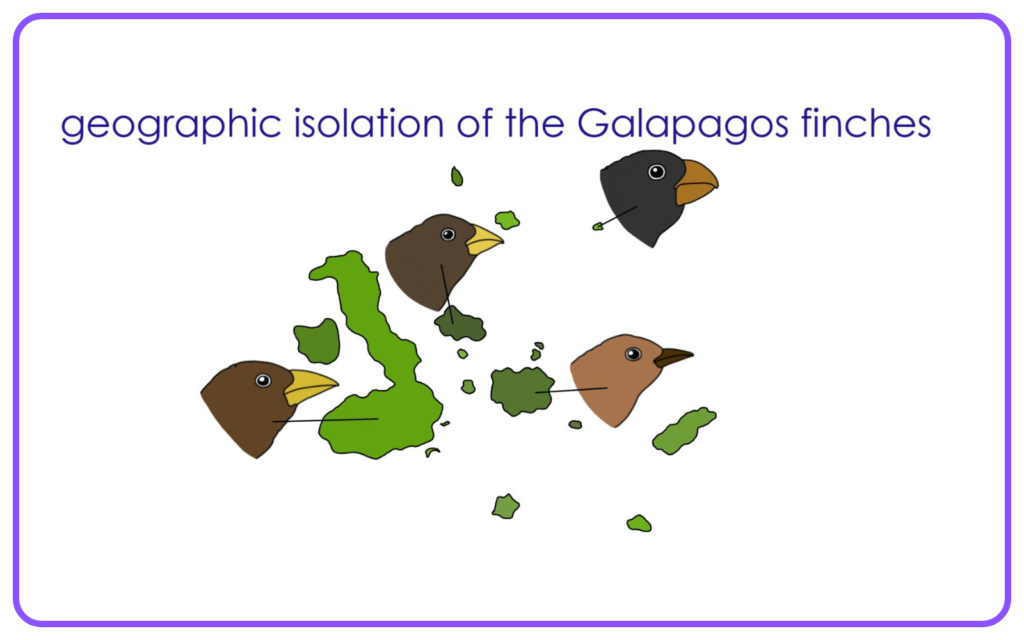
- Reproductive Isolation: When groups of the same species no longer interbreed, either due to behavioral, temporal, or ecological barriers.
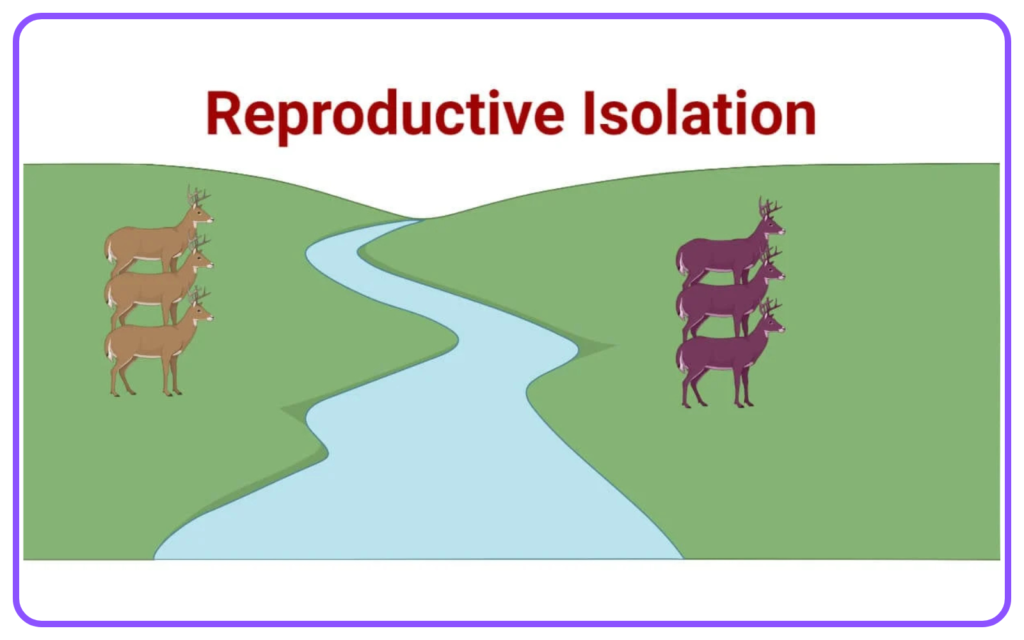
- Genetic Mutations and Natural Selection: New mutations and selective pressures can drive populations to diverge genetically.
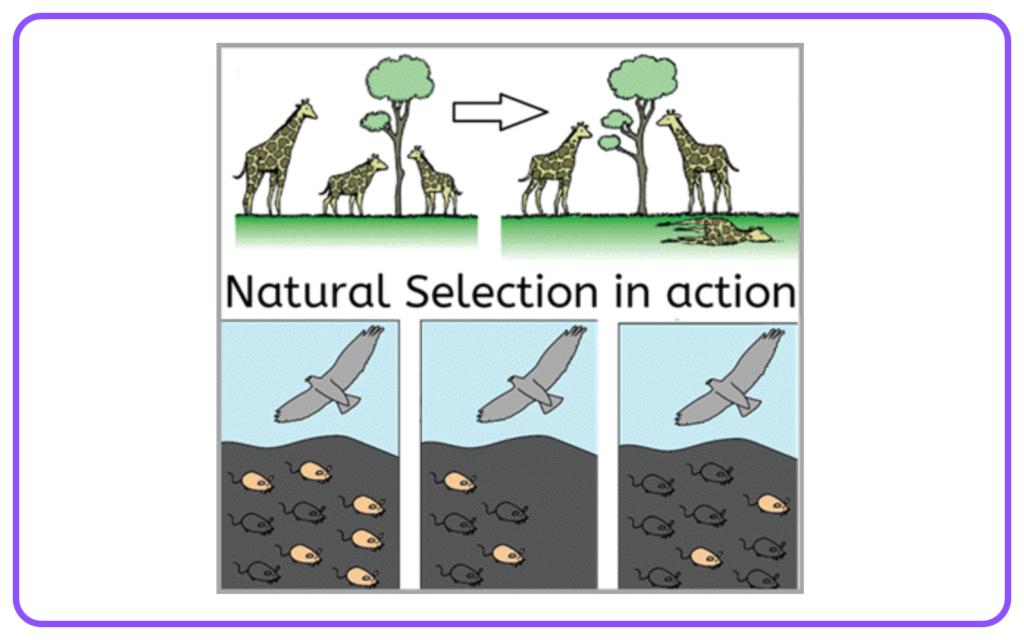
Reproductive Isolation Mechanisms:
- Prezygotic Isolation: Occurs before fertilization, preventing mating or fertilization (e.g., temporal isolation where species breed at different times).
- Postzygotic Isolation: Occurs after fertilization, where hybrid offspring are sterile or unviable (e.g., a mule, which is a sterile hybrid of a horse and donkey).
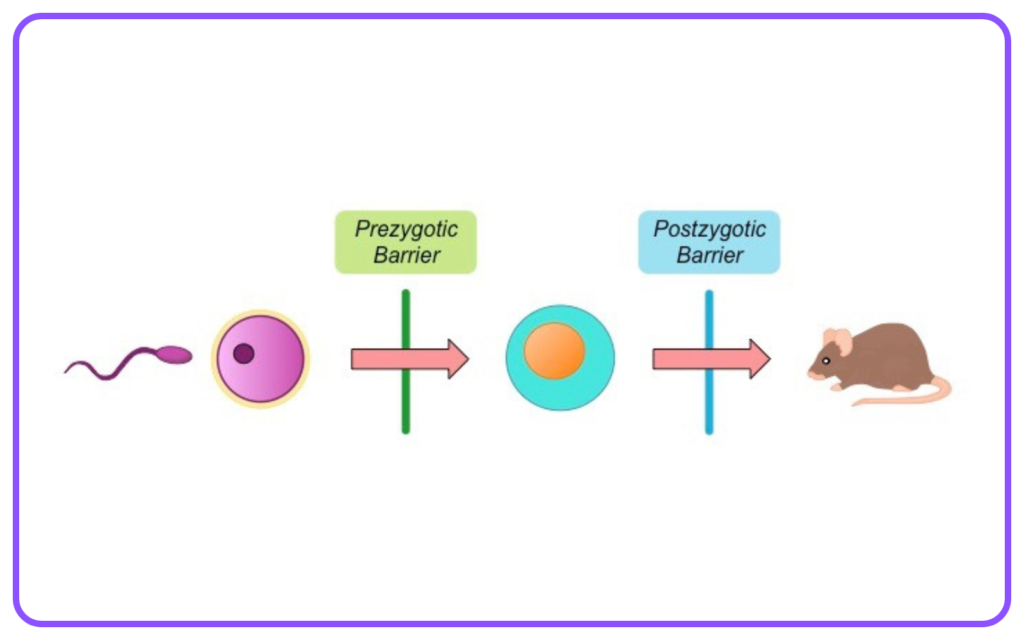
Examples of Speciation:
- Darwin’s Finches: In the Galápagos Islands, finches evolved into different species based on their food sources.
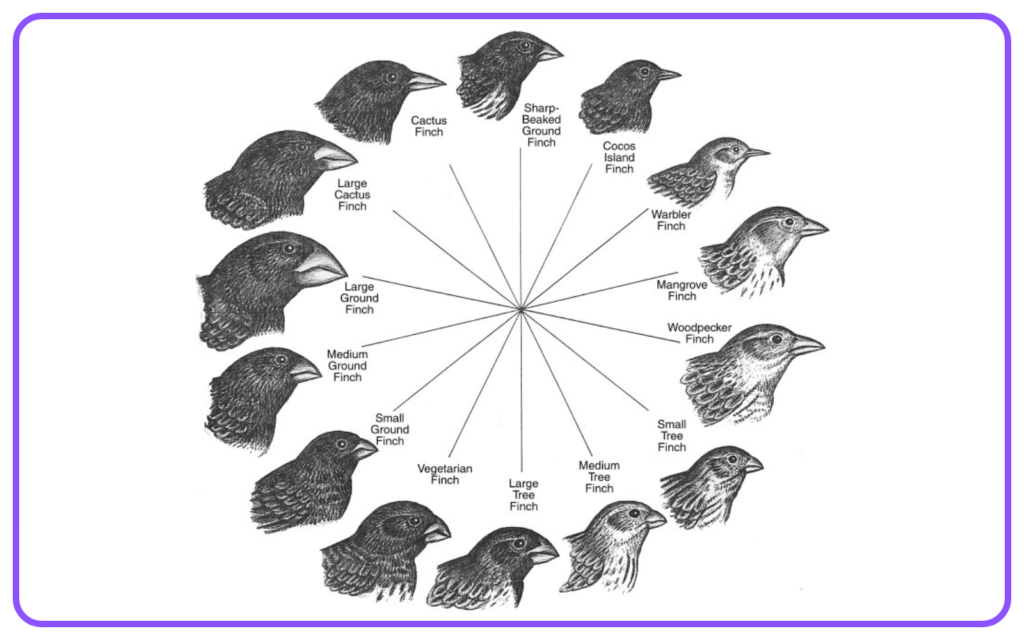
- Cichlid Fish in African Lakes: These fish have undergone rapid speciation due to diverse ecological niches and sexual selection.
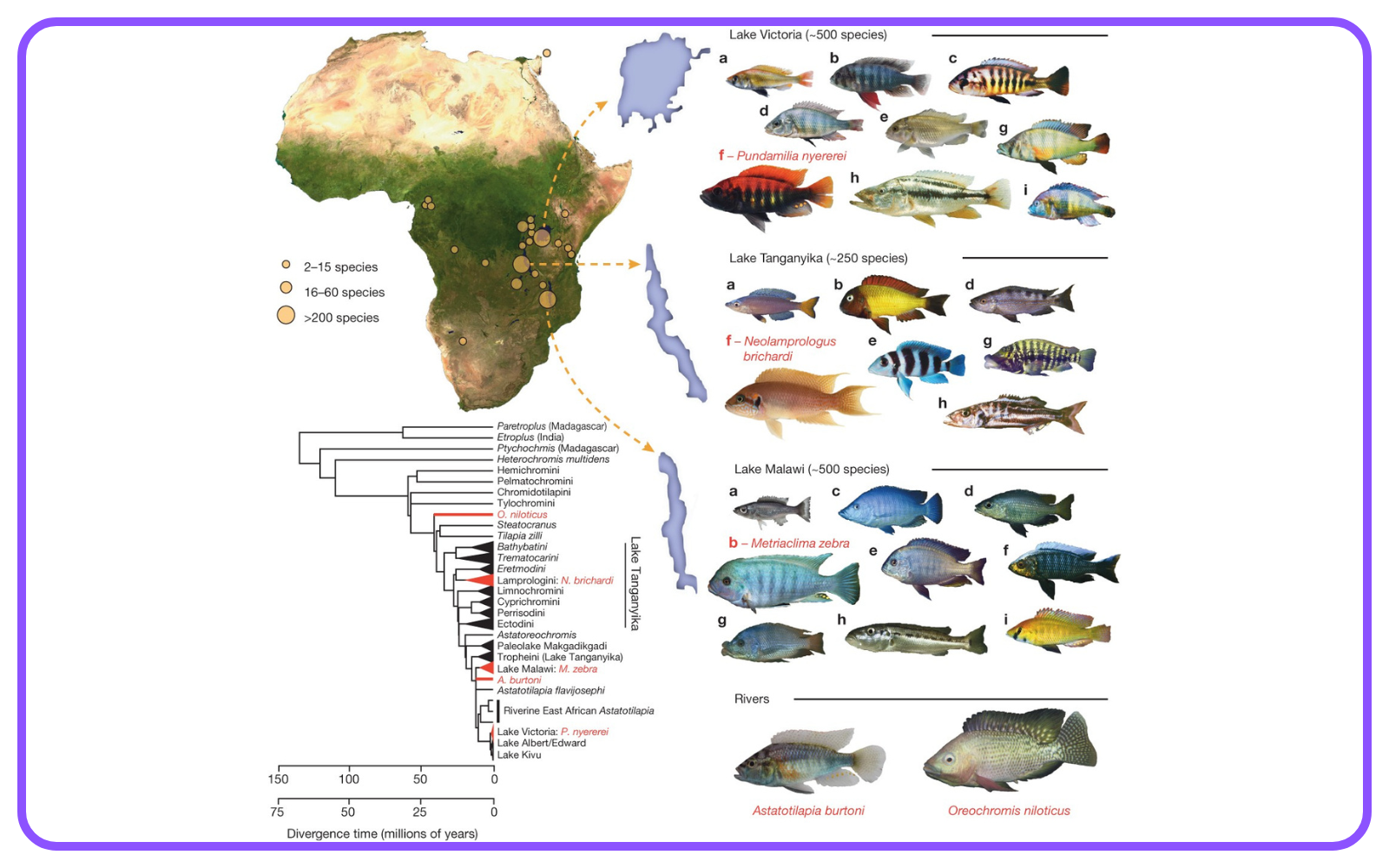
Importance of Speciation:
- Increases biodiversity and helps ecosystems adapt to changing environments.
- Enables organisms to exploit new ecological niches, leading to the evolution of new traits and behaviors.
Human Impact on Speciation:
- Human activities, such as habitat destruction, climate change, and introduction of invasive species, can influence the speciation process either by accelerating it (adaptive radiations) or by causing extinctions.
Key Terms:
- Gene Flow: Exchange of genes between populations.
- Hybrid Zone: An area where two closely related species continue to interact and produce hybrids.
- Adaptive Radiation: Rapid evolution of many species from a single ancestor to fill different ecological niches.
Let’s practice!

